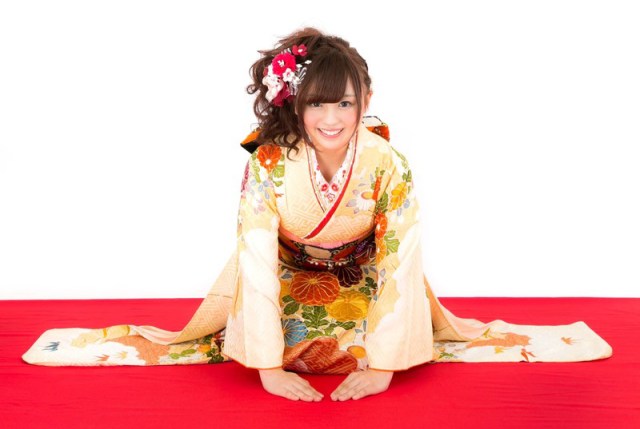
Unique aspect of traditional business etiquette surprises even Japanese people.
The Japanese business world can be a tough one to navigate, with all sorts of customs and protocols designed to show respect and maintain good relations.
One particular facet of Japanese business culture that’s been around for years is the custom of stamping paperwork with a personal seal known as a “hanko”. Used in place of a signature, hanko are required for a number of office situations, but one place where they’re seen most frequently is on documents that need to pass through a number of employees. In this case, each person stamps their seal inside a box on the form to let others know they’ve read it before passing it down the chain.
▼ An example of hankos stamped on a document, as it goes through the chain of command from Company President (left) through to Director, Manager, and Person in Charge
知らない人の為に。これですよ。 pic.twitter.com/E7vOoCI0Hi
— てとら@IT屋 (@TETRA_IT) July 6, 2021
Usually, hanko need to be stamped with the kanji appearing perfectly vertical on the page, so that the name of the individual can be read from top to bottom. However, as the above image shows, sometimes the hanko is stamped at an angle, and it’s not a mistake — it’s a form of etiquette known as Ojigi Ouin (“Bow Stamping”).
Ojigi Ouin is purposely done to show respect to the previous person who stamped the document, who is higher up in command. As the above example shows, only the seal of the Company President is stamped upright, with the two next to it stamped at an angle, each one essentially “bowing” to their respective superior, while the very last stamp is tilted at an even greater angle, to symbolise a deeper bow befitting its position as least senior in the chain.
▼ Gotta make sure this hanko bows at just the right angle…

Twitter user @TETRA_IT recently brought the office custom to light online, after they discovered that Ojigi Ouin has even made its way to the digital world. Now with more people working from home, documents still need to be digitally stamped as they pass through the office, and this tweet reveals just how ingrained bow stamping is in office culture, as it shows an electronic service that gives users the option to order a digital stamp that’s tilted at an angle, so it can convey your reverence to superiors when adding it to an online document.
▼ “Shachihata’s electronic stamping service supports bow stamping“.
シャチハタさんの電子押印サービス、おじぎ押印に対応してるw pic.twitter.com/Xun14jW0r6
— てとら@IT屋 (@TETRA_IT) July 6, 2021
Shachihata is one of Japan’s leading stamp manufacturers, and it looks like they’re keen to keep the bowing tradition alive in the online world, with the blue button above offering their “tilted stamping” service. Not everyone is happy about seeing old traditions continue online, though, as @TETRA_IT’s tweets sparked a heated conversation about Ojigi Ouin, with a lot of non-office workers saying they didn’t even know the custom existed.
“I’ve never encountered bowing stamps before, but for there to be a service like this means there’s demand for it.”
“When I asked my friend if they knew about bowing stamps they told me they did it today so it really does exist!”
“I thought it was a joke at first but this really is a thing.”
“This is too much!”
“These types of customs ought to disappear in the digital world.”
“I guess we’ll be using GIFs next, so people can see our hankos bowing in real time?!”
Let’s hope things don’t go that far. In fact, if Japan’s Minister for Administrative Reform, Taro Kono, has his way, hanko seals may be abolished in offices for good, which would put an end to stamping culture and eliminate the need for bowing stamps in the business world altogether.
Whatever the future holds for business hanko, though, there’ll always be a place outside the office for Pokémon hanko and Ghibli hanko stands.
Source: Twitter/@TETRA_IT via Hachima Kikou
Top image: Pakutaso
Insert image: Pakutaso
● Want to hear about SoraNews24’s latest articles as soon as they’re published? Follow us on Facebook and Twitter!

No hay comentarios:
Publicar un comentario